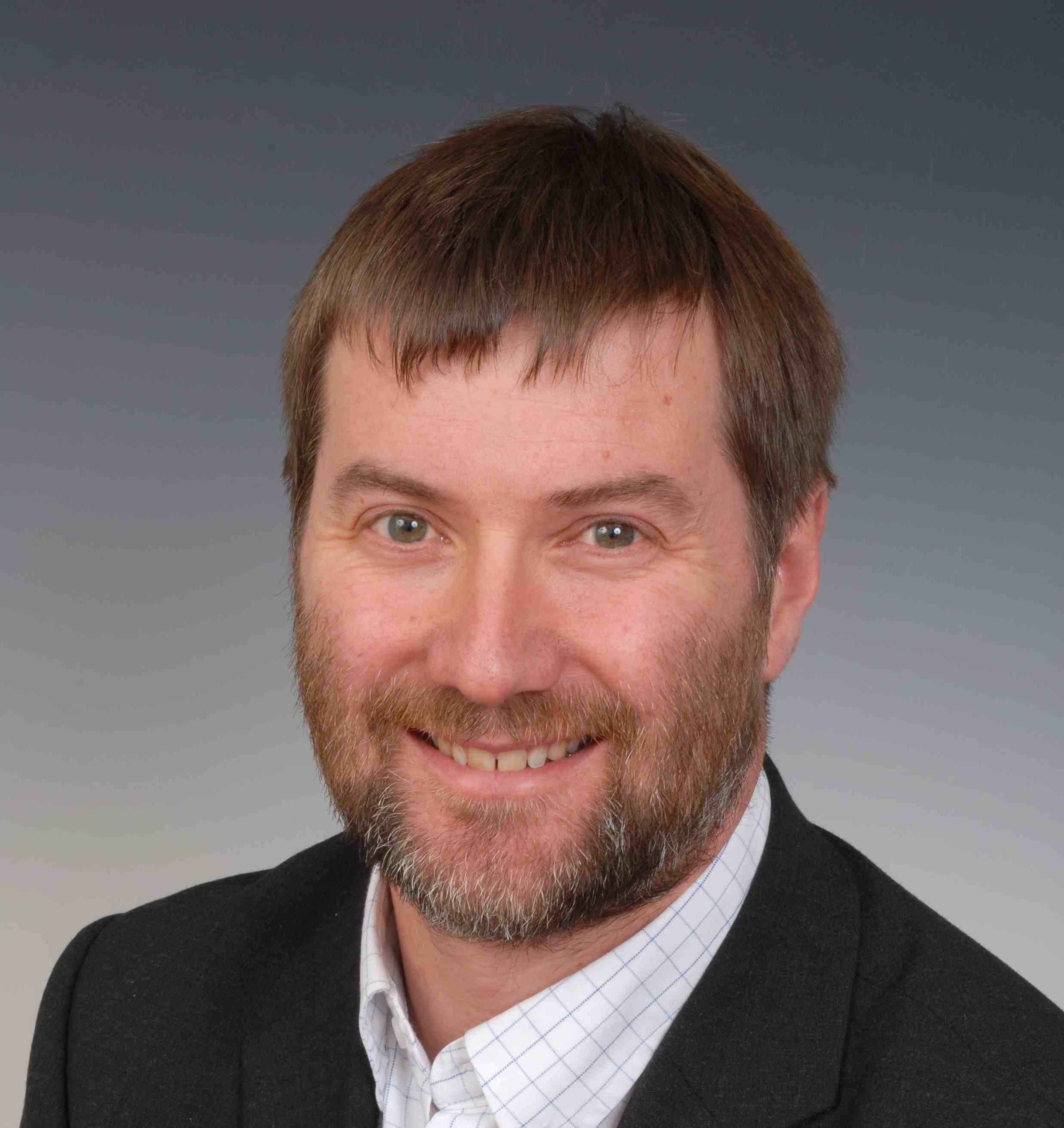- Research
- Research
- Publications
- PhD Theses
- Projects
- Academics
- Admissions
- M.Tech @ ESE
- Ph.D @ ESE
- DD MSc - Phd
- DD (B.Tech.-M.Tech.)
- B.Tech
- Minor in Energy
- Faculty Advisors
- Activities
- News and Events
- Seminars
- List of Holidays
Abstract
Developments in Marine Renewable Energy Conversion
Demand for electricity will continue to rise for the foreseeable future, but to reduce CO2 emissions from hydrocarbon-‐fuelled generation this must be met by developing lower-‐carbon resources such as renewable energy. There is a huge amount of tidal current energy in the daily gravitational redistribution of the seas, which is very predictable. There is even more energy in the waves that are delivered to our coastlines from windswept and stormy oceans. Situated at the eastern edge of the Atlantic Ocean the United Kingdom has some of the largest marine energy resources in the world, as do countries such as Portugal, Chile, the Philippines and Australia. The UK is at the forefront of research into and development of wave and tidal current generation systems. Its government has set challenging targets to install 2GW capacity of marine energy generators by 2020 and this has led to some exciting developments and progress in marine renewable energy conversion. Its national on-‐ shore and off-‐shore test facilities have been extended to enable more comprehensive sea-‐testing. There have been full-‐scale prototype wave and tidal current generators at sea generating electricity into onshore electricity networks. This lecture will describe the nature of the resources, introduce the working principles of different wave and tidal energy converters, highlight progress in R&D, test and deployment of several devices and discuss the remaining challenges of harvesting this abundant renewable energy. It will highlight the work of the Institute for Energy Systems at the University of Edinburgh in development of renewable energy technologies and describe the activities of the UK Centre for Marine Energy Research.
Professor David Ingram,
Prof. Ingram holds a personal chair in Computational Fluid Dynamics in the School of Engineering at the University of Edinburgh, where he is also Director of the Engineering Mathematics Discipline and Director of the Industrial Doctoral Centre for Offshore Renewable Energy (IDCORE).
Prof. Ingram's first degree was a joint honours degree in Mathematics, Statistics and Computing and he completed his PhD in Numerical Simulation of Blast Waves in 1992. For more than 20 years he has been developing and applying CFD codes to problems in aerodynamics and the marine energy. He led the numerical modelling on wave-‐current interactions, which led to the design of the FloWave Ocean Energy Research Facility, a unique 25m diameter basin which combines waves and tidal currents in any relative direction. David is research director of the UK Centre for Marine Renewable Energy, which coordinates research in marine energy across UK Universities.